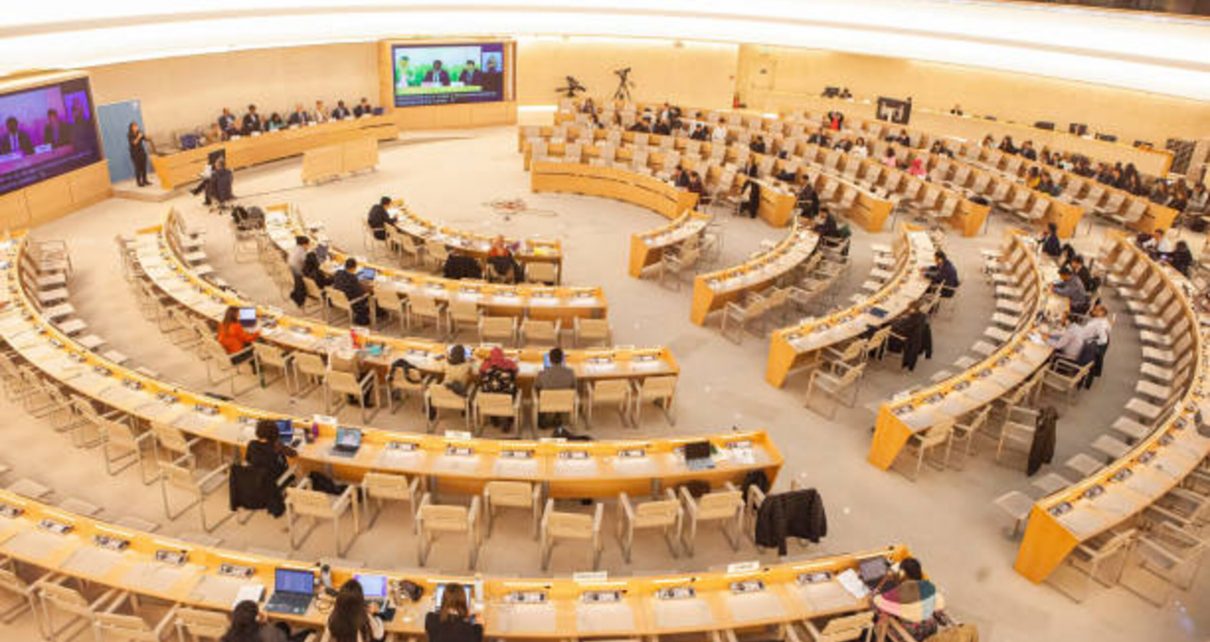Tensions arise between South Africa and Morocco as they vie for the presidency of the United Nations’ top human rights body, with South Africa accusing Rabat of rights violations in Western Sahara, questioning its credibility to lead the council.
According to diplomats, the U.N. Human Rights Council faces an unprecedented situation, lacking a president at the beginning of the year, to be filled by a secret ballot during Wednesday’s vote.
The rift within the African group, responsible for leading the 47-member council, marks a rare public disagreement. Normally, the group aims to make unified decisions.
Morocco, claiming sovereignty over Western Sahara amid opposition from the Algeria-backed Polisario Front, has faced allegations of rights abuses, which it denies.
Morocco’s strategies to gain support for its Western Sahara policies, especially from African nations, have met resistance from South Africa. Last year, South Africa organised an event advocating for self-determination for the Sahrawi people in Geneva.
South Africa’s ambassador, Mxolisi Nkosi, emphasised the nation’s experience in overcoming apartheid and its reputation as a peacemaker, positioning it as a strong candidate.
Contrarily, Ambassador Omar Zniber defended Morocco’s candidacy, stating they gained African Union support as the sole candidate months ago. He countered criticism, branding it “lies and propaganda” and emphasising Morocco’s adherence to the law and progress in human rights.
The presidency of the Human Rights Council holds symbolic significance and could amplify ambassadors’ political influence.


